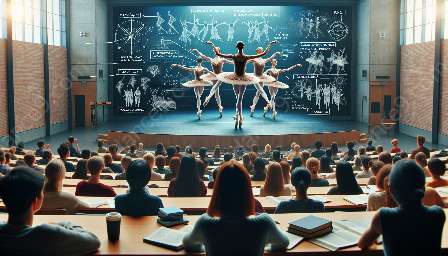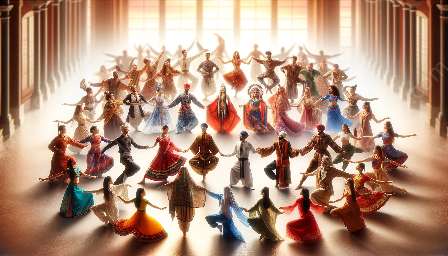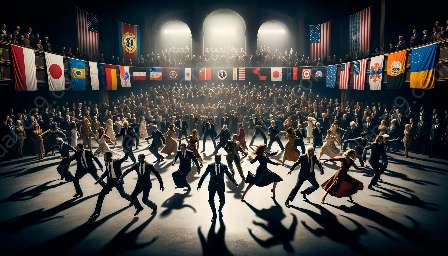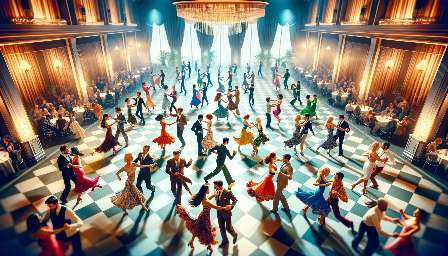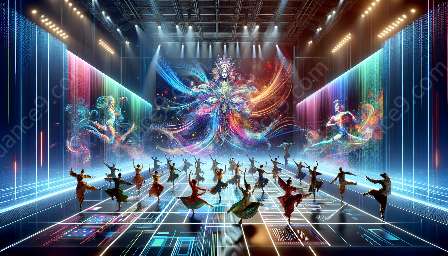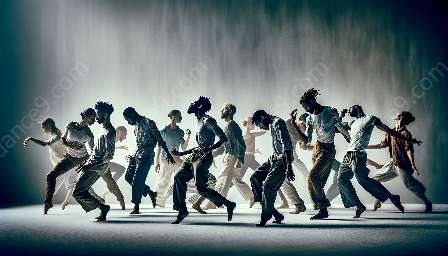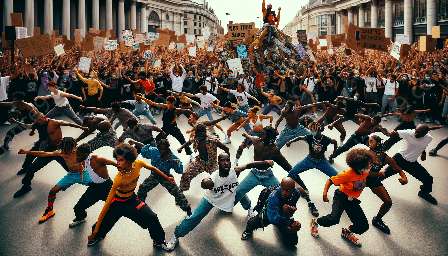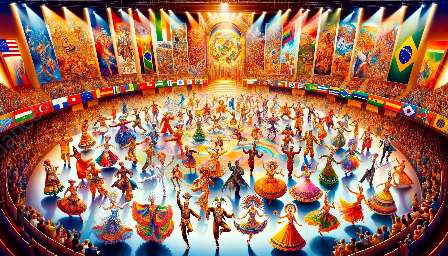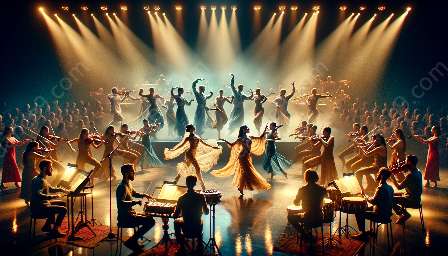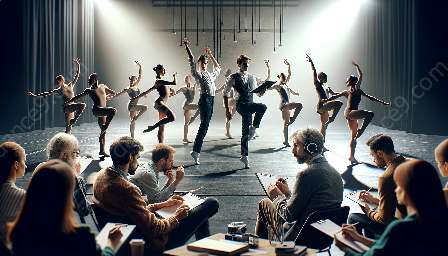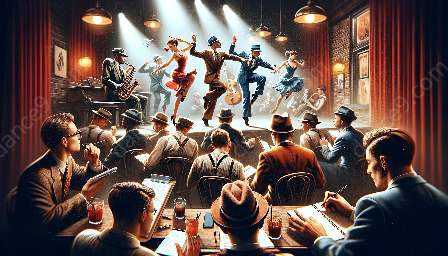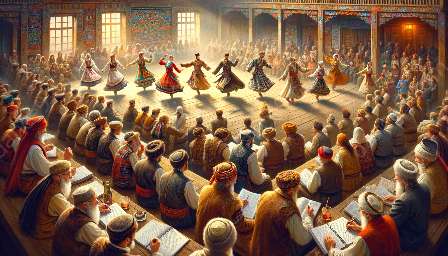Folk dance theory and criticism are important components of the study of dance, as they provide insights into the cultural, historical, and social aspects of dance forms. When we consider the impact of globalization on folk dance theory, we can see how traditional dance forms have come into contact with global influences, leading to both preservation and evolution.
Understanding Folk Dance Theory and Criticism
Folk dance theory and criticism are fields of study that examine traditional and cultural dances, focusing on aspects such as movement, music, costumes, and historical context. In the study of folk dance, scholars often analyze the meanings and functions of these dances within their cultural and social contexts.
Globalization and Cultural Exchange
Globalization has led to increased cultural exchange and interconnectedness among societies around the world. This has resulted in the spread of traditional dance forms to new regions and the integration of elements of global dance styles into traditional folk dances. As a result, folk dance theory and criticism have had to adapt to these changes, incorporating new frameworks for understanding the evolving nature of folk dances.
Impact on Dance Theory and Criticism
Globalization has also had a significant impact on general dance theory and criticism. As traditional and folk dance forms become more widely recognized, they contribute to the expansion of dance theory and criticism. Scholars now consider the intersections of traditional and contemporary dance practices, leading to new perspectives and understandings of dance as a whole.
Preservation and Evolution
In the context of globalization, folk dance theory and criticism are essential for balancing the preservation of traditional dance forms with their evolution. While globalization has introduced external influences, it has also sparked efforts to preserve and revive traditional folk dances. This dynamic interplay between preservation and evolution forms a critical aspect of the study of folk dance theory.
Conclusion
In conclusion, the impact of globalization on folk dance theory and criticism is complex and multifaceted. It has led to the integration of global influences into traditional dance forms, while also reinforcing the importance of understanding and preserving cultural heritage. Furthermore, globalization has broadened the scope of dance theory and criticism, leading to new avenues of research and analysis. As the study of dance continues to evolve, the intersections of globalization, folk dance theory, and criticism will remain a vital area of exploration.

